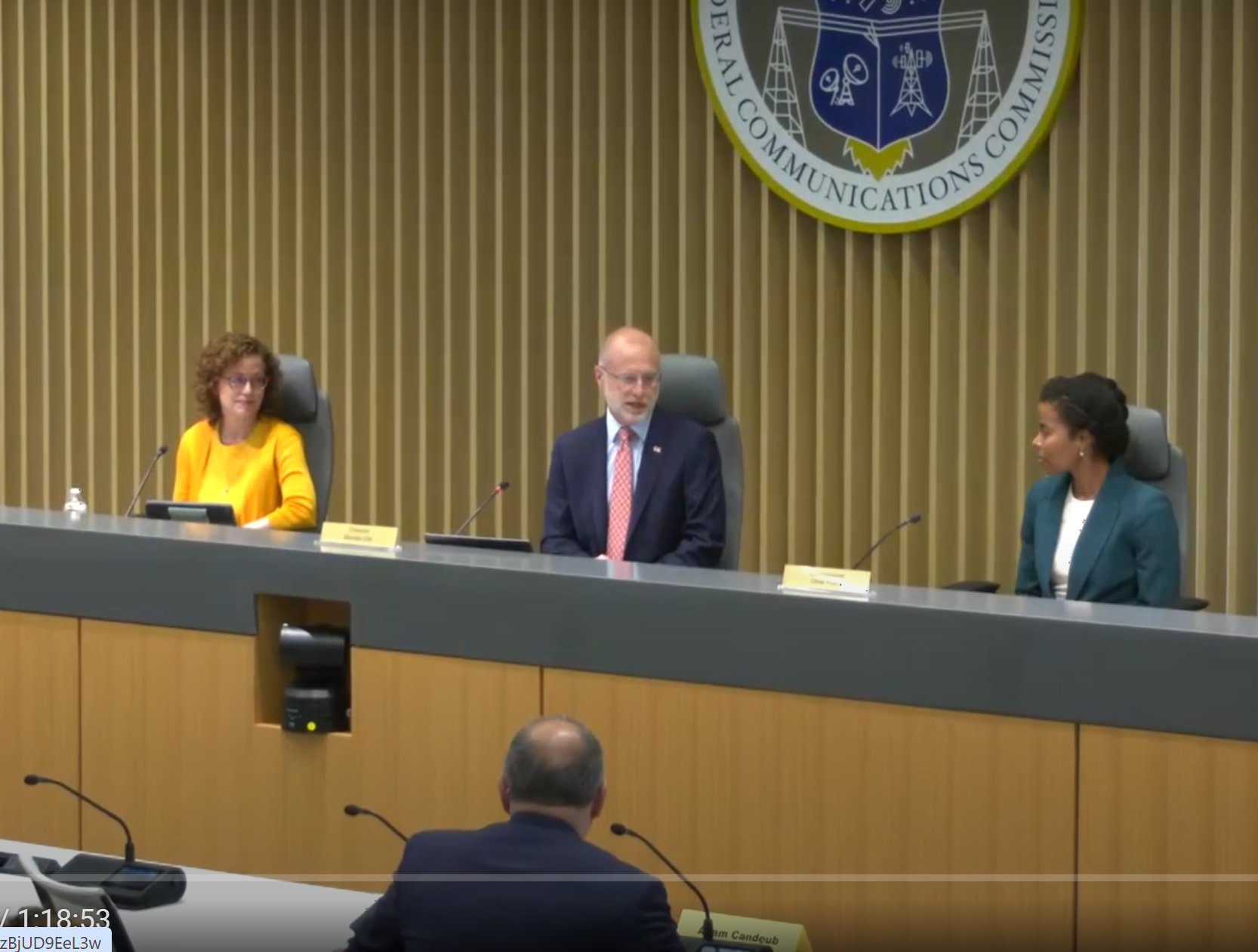2009 TV Station Revenues Revised Downward
CHANTILLY, VA.: BIA Advisory Services has revised its earlier projected TV station revenue estimates for 2009 to $16.6 billion, a 17.3 percent decline from 2008 and a return to a level not seen since 1995, the firm said today. BIA projected in May that 2009 station revenues would come in at $17 billion, down around 17 percent from last year and around 21 percent from the $21.5 billion generated in 2007.
BIA also noted in its quarterly report on the industry that the number of TV stations trading hands remains stagnant. Transactions for the first half of the year comprised 45 stations traded for a total of $453 million, a “slight” increase over the same period a year ago, BIA said.
“Transactions have slowed to an anemic pace and reflect the general lack of financing currently available for stations and broadcast groups and the poor industry attitude,” said Mark R. Fratrik, Ph.D., BIA vice president. “We believe that companies are waiting on the sidelines for an improved economy and for the right opportunities to make strategic acquisitions.”
BIA said stations will become profitable again sooner if they embrace a multiplatform approach. Michael Boland is a “mobile local media analyst” for BIA’s Kelsey Group.
“We are very optimistic about the online revenue potentials for television broadcasters, particularly as they step-up their mobile and Internet offerings," Boland said. “We project the industry will see Internet revenues of $556 million in 2009, moving up to $1.1 billion by 2013. This represents 19.7 percent compounded annual growth rate for online television broadcasting advertising alone.”
Without mentioning names, BIA chief Tom Buono said the future of the broadcast TV industry depends a great deal on how Julius Genachowski, sworn in this week as FCC chairman, will handle media ownership. Genachowski has said little about where he stands on media ownership rules.
“With local media companies dying on the vine and the television industry, in particular, hamstrung in many large and small markets, it seems like a good time to explore the steps to save local media outlets, including the elimination of media cross-ownership and local ownership rules,” Buono said. “The role local media outlets play in their markets is critical, and local content origination is important to all residents of a community. As this media ecosystem has changed and the advertising marketplace contracted, immediate government intervention to allow media companies to survive and prosper is clearly in the public's best interest.” -- Deborah D. McAdams
The professional video industry's #1 source for news, trends and product and tech information. Sign up below.
